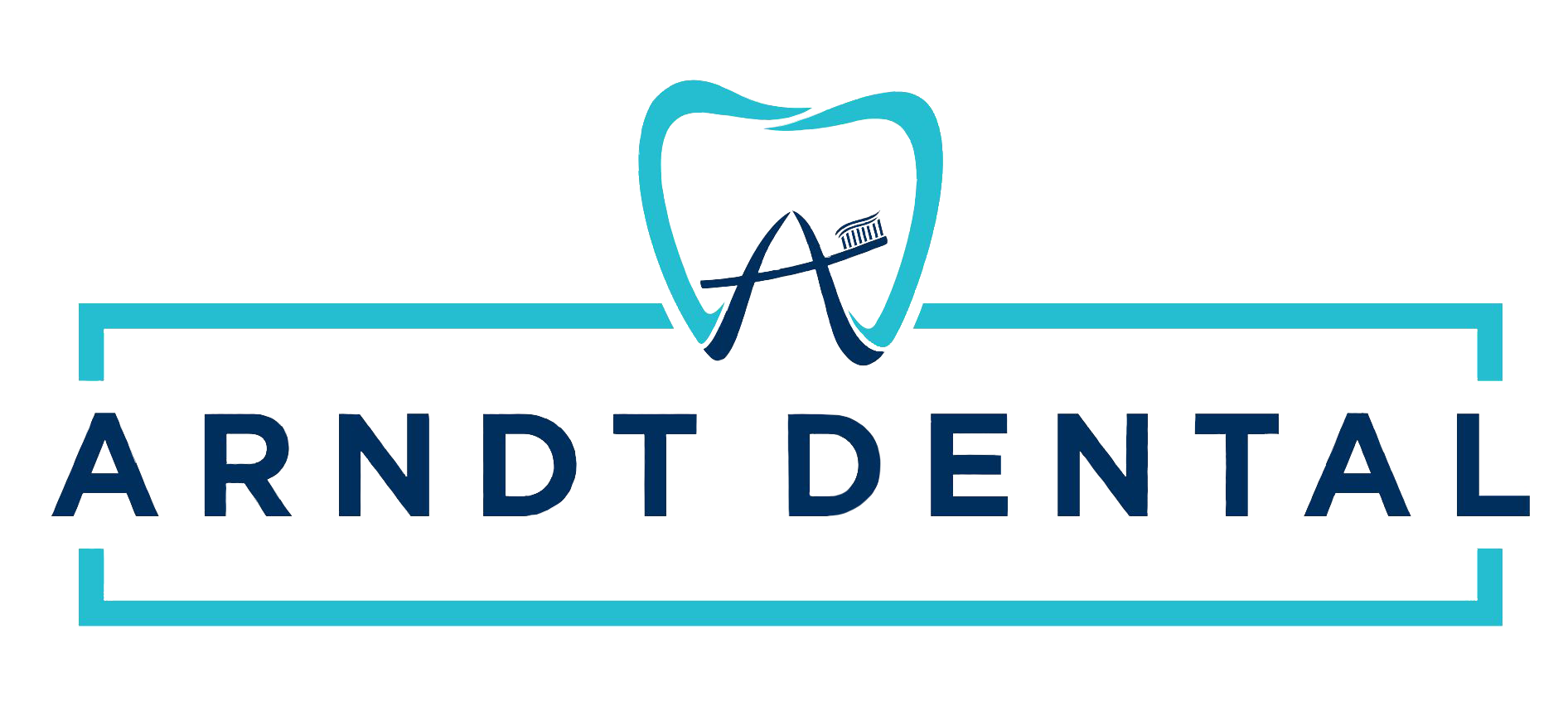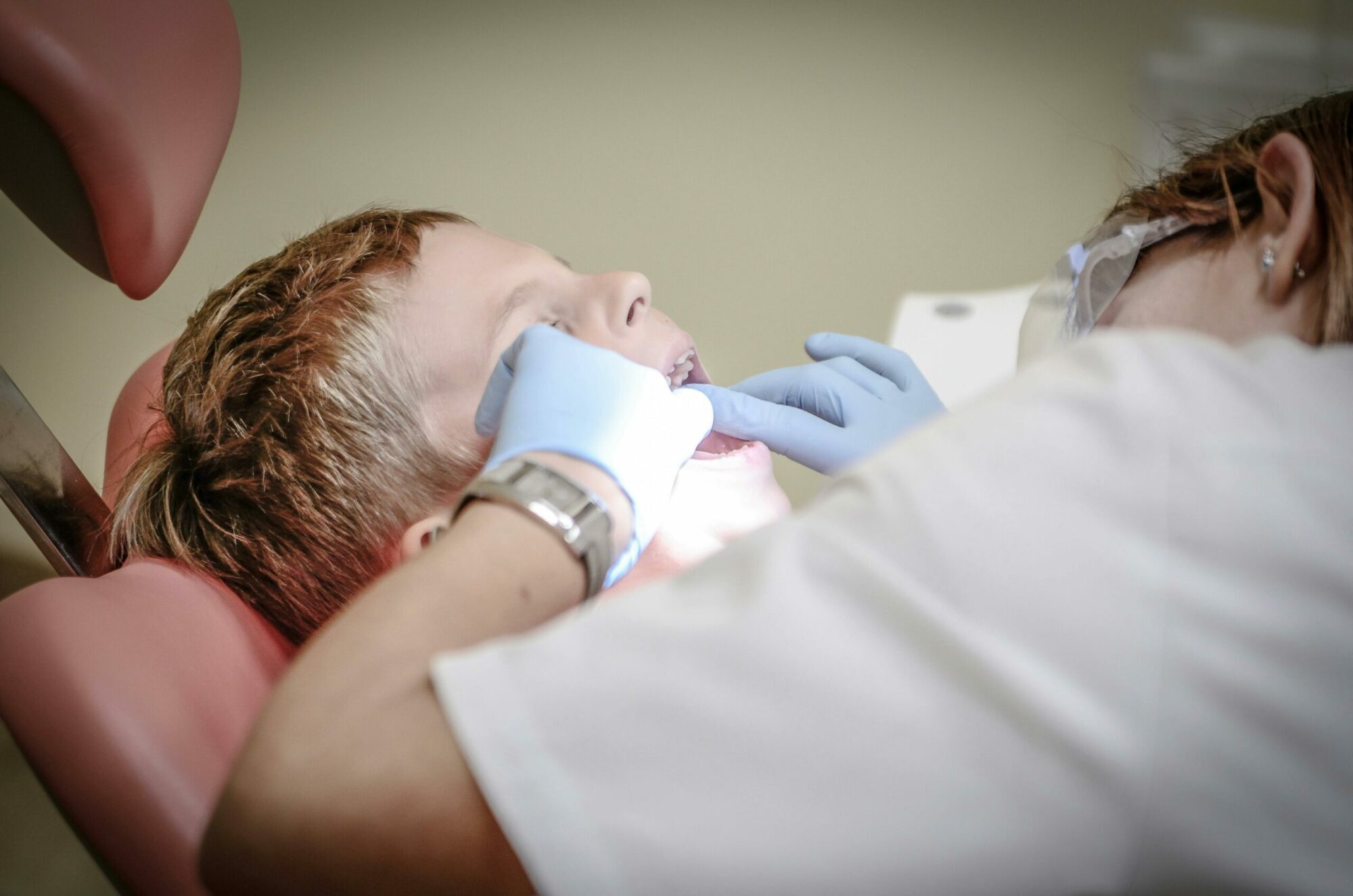You might not be familiar with the term bruxism, but if you’re like the estimated 30% of people who grind their teeth in some way, you likely know how painful this habit can be. While it often occurs during sleep, many people may not even be aware they’re doing it. That in and of itself is scary, when you consider that people who grind their teeth can actually exert up to 250 pounds of force. Not surprisingly, if left unchecked, bruxism can lead to serious dental issues, such as worn-down teeth, jaw pain, headaches, and even temporomandibular joint (TMJ) disorders.
Let’s take a look at the causes of tooth grinding for both adults and children in order to introduce you to some strategies and solutions that can help!
The basics of bruxism.
Bruxism is the medical term for grinding, gnashing, or clenching your teeth and there are two types you need to be aware of:
- Daytime bruxism: As the name implies, daytime bruxism occurs during waking hours and is typically linked to stress or intense concentration.
- Nighttime bruxism: Harder to detect because it occurs during sleep, this form of bruxism is often only detected when someone else hears it or a dentist notices signs of wear on your teeth. Or if you experience physical symptoms upon waking, such as pain around your jaw due to tight jaw muscles, a locked jaw, neck or face pain, dull headache around the temples, or pain that mimics an earache.
In either case, bruxism can result in dental damage and discomfort, but the causes and treatment methods may vary depending on the individual.
What causes bruxism in children?
Many children experience bruxism at some point; in fact, research shows that bruxism is prevalent in an estimated 13-49% of children. Granted, that’s a considerable spread; however, part of the challenge is in catching it; typically, it takes a parent or guardian to notice their child is doing this as most children won’t report the behavior as they are unaware they’re even doing it.
Pediatric bruxism can be triggered by any or all of the following:
- Teething or misalignment: For younger children, tooth grinding can be a response to discomfort from teething or an attempt to align their growing teeth.
- Stress or anxiety: Children who are experiencing changes at home or school, such as a new sibling or moving to a new grade, may grind their teeth as a way to cope with stress.
- Hyperactivity: Kids who are highly active or who have ADHD may be more prone to bruxism, especially during sleep.
Luckily, many children outgrow bruxism as they get older; in fact, bruxism often resolves after both sets of teeth have come in fully, but it’s always best to check in with your dentist to diagnose and avoid potential long-term damage. This is just another reason why routine dental cleanings are so important!
What’s behind bruxism in adults?
Though similar to the causes of bruxism in children, adult bruxism tends to be attributed to the following factors:
- Stress and anxiety: Adults often grind their teeth when dealing with high levels of stress, whether it’s from work, relationships, or other pressures.
- Sleep disorders: Conditions like sleep apnea are strongly correlated with sleep bruxism. People with sleep apnea may grind their teeth as they struggle to breathe during the night.
- Lifestyle habits: Clearly not a factor in pediatric bruxism, certain adult lifestyle habits, such as smoking, excessive alcohol use, and high caffeine intake are all known to increase the likelihood of bruxism in adults.
- Malocclusion (misaligned bite): When the upper and lower teeth don’t fit together properly, it can lead to grinding as the body attempts to correct the bite.
What can you do about bruxism?
Fortunately, there are plenty of proven treatments and solutions for bruxism. Determining the right course of action for you requires the expertise of a dental professional. Some options can include night guards, stress management techniques, and dental corrections, such as braces or other orthodontic interventions. If you’re bothered by bruxism or suspect your child might be, please don’t wait. Contact us today to schedule your appointment with our team. We’re standing by to support your dental and overall health!

